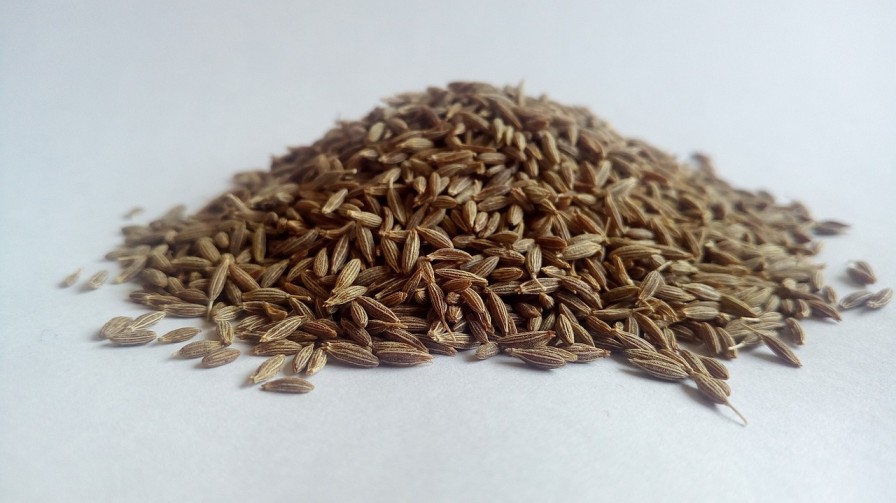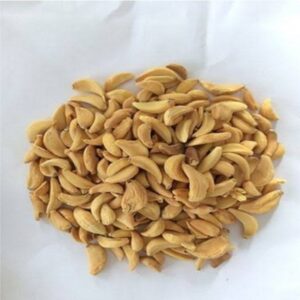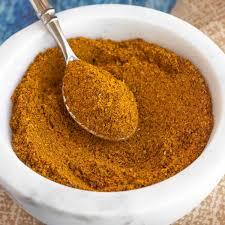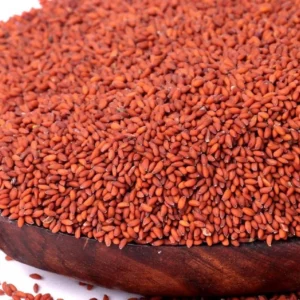Description
Common Names:
- Cumin
- Cuminum Cyminum (Botanical name)
- Jeera (In Hindi)
Forms:
- Whole Seeds: Cumin seeds are commonly used whole in cooking.
- Powdered: Ground cumin is widely used as a spice in culinary applications.
- Cumin Oil: Extracted from cumin seeds, used in flavoring and medicinal purposes.
Origin:
- Native Region: Native to the eastern Mediterranean and parts of the Middle East.
- Cultivation: Widely cultivated in India, Iran, Turkey, and other regions with a warm climate.
Nutritional and Chemical Composition:
- Active Compounds: Contains cuminaldehyde, terpenes, and flavonoids which contribute to its flavor and medicinal properties.
- Nutrients: Rich in iron, magnesium, calcium, phosphorus, and vitamin B1.
Health Benefits:
- Digestive Health: Promotes digestion by stimulating enzyme production and reducing bloating and gas.
- Antioxidant Properties: Cumin is rich in antioxidants, helping to neutralize free radicals and reduce oxidative stress.
- Weight Management: Known to boost metabolism and aid in fat loss.
- Blood Sugar Regulation: Helps to manage blood sugar levels by improving insulin sensitivity.
- Immunity Boost: Its antibacterial and antimicrobial properties help strengthen the immune system.
Uses:
- Culinary: A staple spice in Indian, Middle Eastern, and Latin American cuisines, used in curries, stews, spice blends, and marinades.
- Traditional Medicine: Used in Ayurveda and traditional remedies for indigestion, diarrhea, and respiratory issues.
- Nutritional Supplement: Consumed in powder form or tea to support digestion and boost overall health.
Other Traditional Uses:
- Skin Health: Cumin oil is sometimes used in skincare for its antibacterial and antioxidant effects.
- Respiratory Health: Used to treat coughs, bronchitis, and respiratory infections.
- Menstrual Health: Traditionally believed to help regulate menstrual cycles and alleviate cramps.







